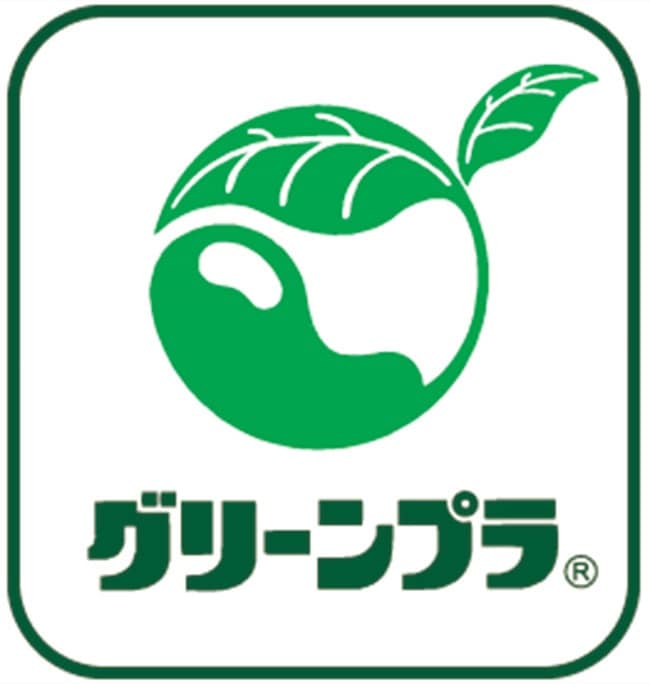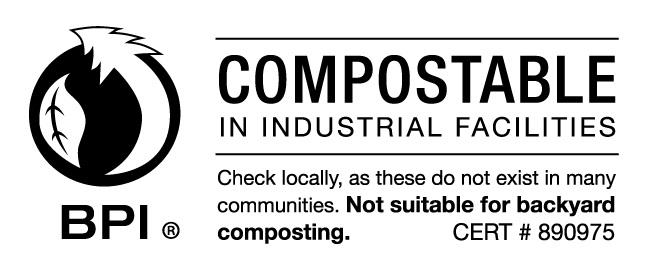Composting Ingeo Works Packaging - Arhive
How Composting Ingeo Works
Composting
Some end products made with 100% Ingeo, depending on the application, will compost in municipal/industrial facilities according to ISO, ASTM, and EN regulations, and Ingeo resin is certified appropriately. All final products made from Ingeo must undergo their own compostability testing. The number of industrial composting facilities is currently limited and may not be available near you. However, the development of such facilities is growing internationally.
How Composting Ingeo Works
Ingeo biopolymer is made primarily of polylactic acid (PLA), a repeating chain of lactic acid, which undergoes a 2-step degradation process.
1. DISINTEGRATION: The moisture and heat in the compost pile split the polymer chains apart, creating smaller polymers, and finally, lactic acid.
2. BIODEGRATION: Microorganisms in compost and soil consume the smaller polymer fragments and lactic acid as nutrients. Since lactic acid is widely found in nature, a large number of organisms metabolize lactic acid.
The end result of composting is carbon dioxide, water and humus, a soil nutrient. This degradation process is temperature and humidity dependent.
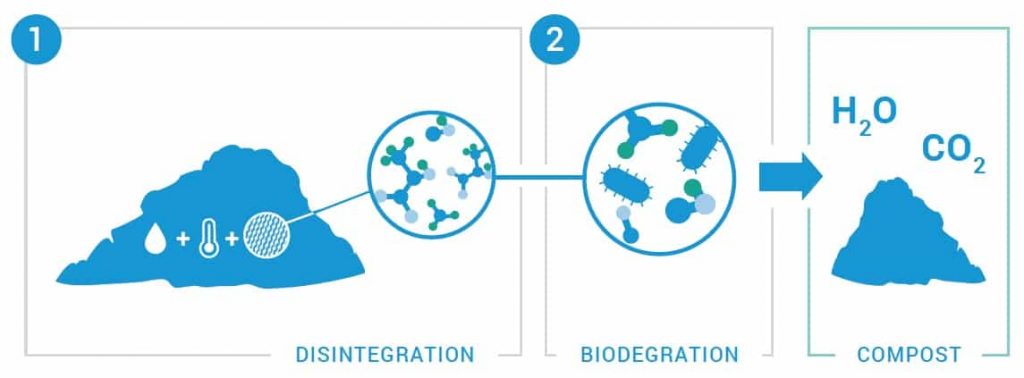
Certifications
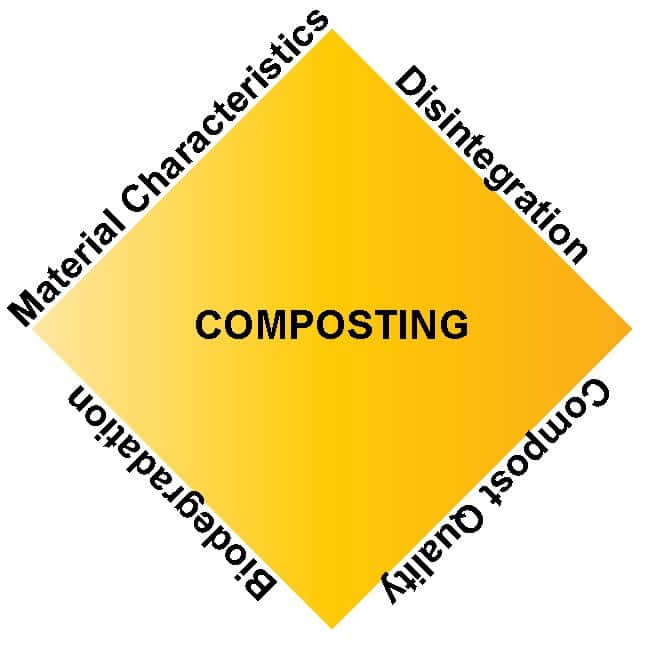
Regulatory guidelines and standards for composting revolve around four basic criteria: Material Characteristics, Biodegradation, Disintegration, and Ecotoxicity (Compost Quality). Description of the requirements of these testing can be found in the appropriate geographical area: DIN V 54900-1 (Germany), EN-13432 (EU), ASTM 6400-04 (USA), GreenPla (Japan).
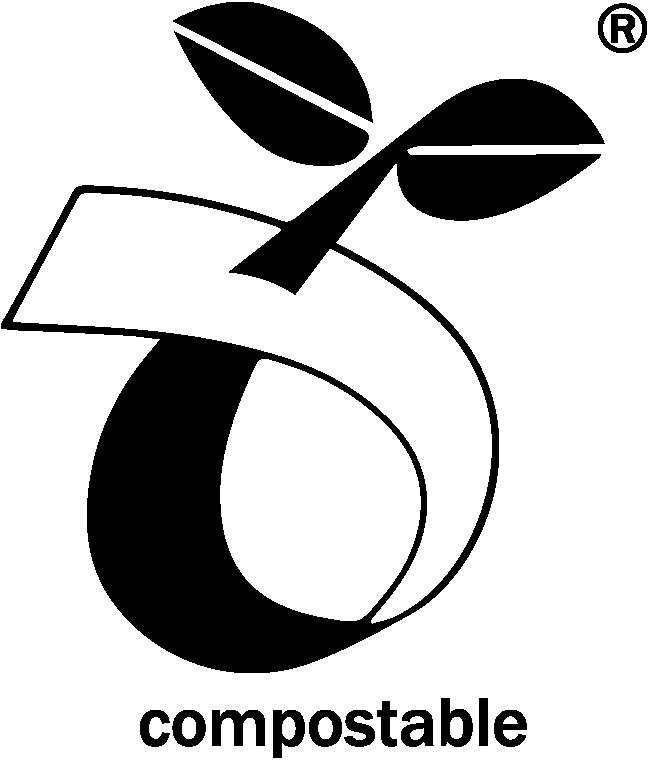
Europe
All required testing data for Ingeo biopolymer was presented to DIN CERTCO for certification of suitability as a compostable material for packaging purposes in Europe. Ingeo passed all required testing according to EN-13432 and received registration from DIN CERTCO. For more information on compostability and specific Ingeo grades, see our Regulatory Affairs information.
